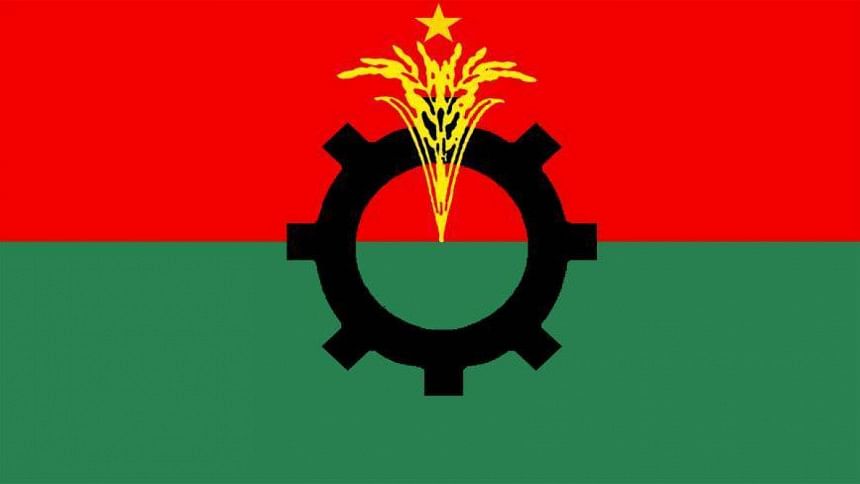Polls-Time Deployment: BNP defends proposal for magistracy to armed forces

The BNP yesterday defended its proposal for deploying armed forces with magisterial power during elections, claiming that giving this authority to the forces does not mean they would enjoy judicial powers.
“In the CrPC, there is a scope for deploying military to aid civil administration during national needs and there are many such instances. There is no scope for creating confusion by terming such deployment martial law,” party Secretary General Mirza Fakhrul Islam Alamgir told journalists at a press conference at the party's Nayapaltan central office.
He said it has been observed in the past that chaos, irregularities and vote rigging decreased significantly when armed forces were deployed at the field level during elections.
“It is not possible to get effective and satisfactory results if military is used only as a strike force. The proposal for deploying armed forces with magisterial power was made so that the forces could take immediate actions.”
Khurshid Alam Khan, a Supreme Court lawyer, told The Daily Star that both BNP Chairperson Khaleda Zia and Fakhrul made misconceived statements about giving magisterial power to the armed forces during elections.
Magisterial power is tantamount to judicial power, he said, adding that neither police nor the army should be given the power during elections.
Khurshid said if the army or police were given the power, it would be a “miscarriage of justice”.
In the wake of debate over Khaleda Zia's 13-point proposal for forming the next Election Commission, the party came up with the explanations. The proposal for deployment of armed forces with magisterial power during parliamentary elections drew criticism from various quarters.
Praising the media for initiating the debate over the proposals, the BNP leader said it was the party's responsibility to give a detailed explanation about the issues.
As to why the BNP did not press for making a separate law for forming the EC, Fakhrul said if any law or act was passed by the incumbent parliament with “154 unelected members”, it would not have any moral basis and would be weak. Such a law might be unacceptable to many political parties and even to the people.
On whether the proposals curtailed the president's power, he said there was no proposal for curtailing the president's power; rather the proposals would assist the president and keep his image above all controversies.
Fakhrul said the party floated the proposals keeping the constitution in mind and hence, they did not think the constitution was violated.
He said the personal secretary to Khaleda Zia spoke with the president's military secretary over telephone and sought an appointment for a three-member BNP delegation. But the military secretary was yet to respond. And so, the party yesterday sent a letter to President Md Abdul Hamid, seeking an appointment.
“We expect that considering the proposals with due importance, the president will take an initiative to resolve the country's prevailing crisis.”
Urging all to shun obstinacy without further delay, he said forming a representative parliament is imperative to build a democratic framework in the country.
“And to that end, there is no alternative to an independent, neutral and brave election commission for peaceful handover of power.”
Fakhrul asked all stakeholders to form a national consensus on the basis of Khaleda Zia's proposals and work together for sustainable development of the country.
The tenure of the current EC, headed by Chief Election Commissioner Kazi Rakibuddin Ahmad, will end in February next year.
At a press conference on Friday, Khaleda placed some proposals for the next Election Commission. The Awami League, however, rejected the proposals, terming them “hollow” and “a mockery” before the nation.

 For all latest news, follow The Daily Star's Google News channel.
For all latest news, follow The Daily Star's Google News channel. 



Comments